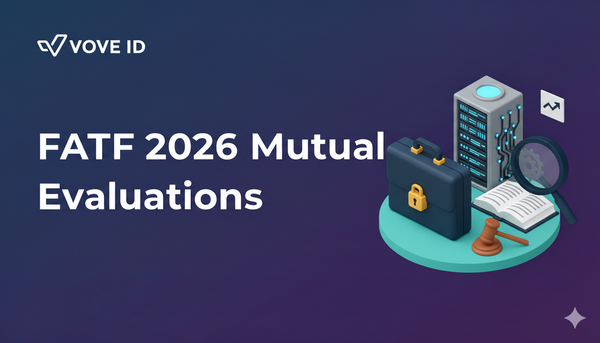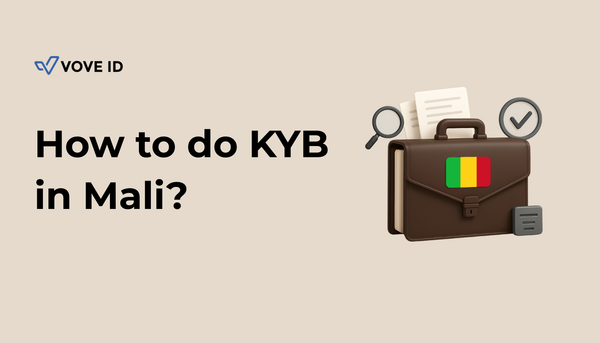How Different African Regulators Interpret FATF Standards: A 2025 Overview
Explore how African and MENA regulators interpret FATF standards differently — from Nigeria and Kenya to the UAE and Saudi Arabia — and how VOVE ID helps fintechs stay compliant across borders.
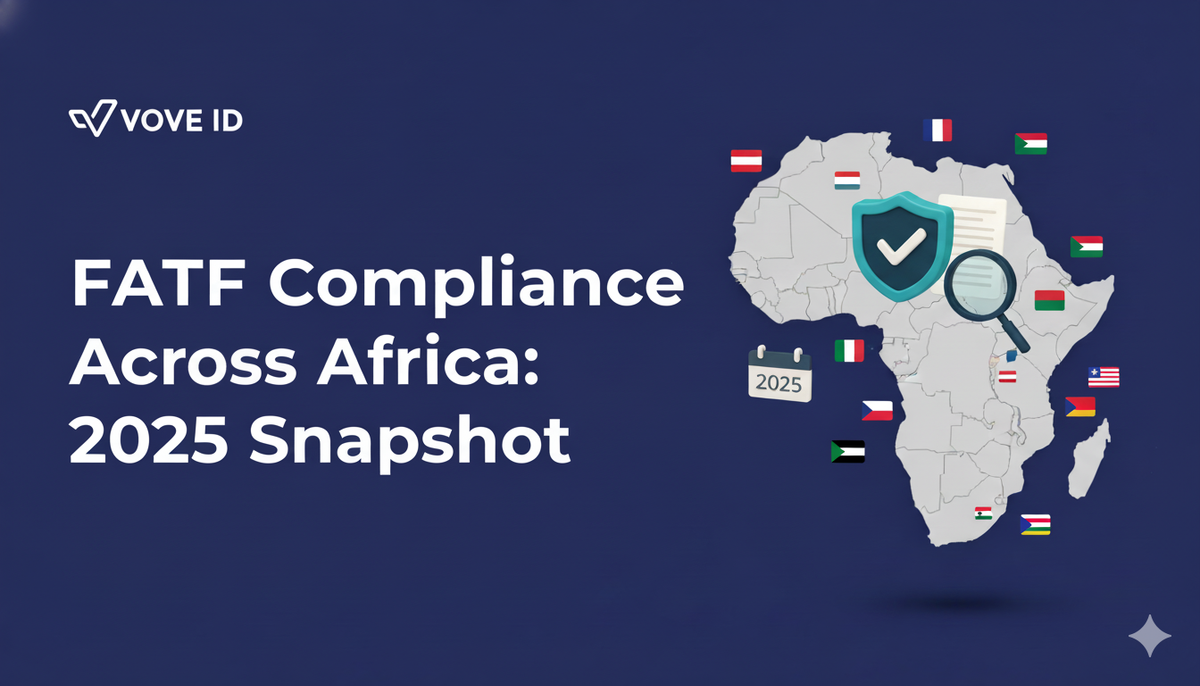
In Africa’s fast-growing fintech ecosystem, understanding how FATF standards are interpreted locally is essential for any business dealing with money, identity, or digital transactions.
While the Financial Action Task Force (FATF) provides the global AML/CFT framework, African and MENA regulators often apply these recommendations differently, shaped by local risks, infrastructure, and political priorities.
VOVE ID helps fintechs, banks, and digital platforms navigate this complexity by automating KYC, KYB, and AML processes across Africa and the Middle East, aligning with FATF-based compliance requirements in every jurisdiction.
FATF’s Role in Shaping Africa’s AML Landscape
The FATF’s 40 Recommendations define global standards for combating money laundering and terrorist financing.
In Africa, these are implemented through three main regional bodies:
- ESAAMLG – Eastern and Southern Africa Anti-Money Laundering Group
(Members: Kenya, Tanzania, Uganda, Ethiopia, etc.) - GIABA – Inter-Governmental Action Group against Money Laundering in West Africa
(Members: Nigeria, Ghana, Côte d’Ivoire, Senegal, etc.) - MENAFATF – Middle East and North Africa Financial Action Task Force
(Members: Saudi Arabia, UAE, Jordan, Qatar, Bahrain, Oman, Kuwait)
Each body conducts mutual evaluations and provides national action plans, but enforcement remains national: meaning “FATF compliance” can look very different from one country to another.
Nigeria: FATF Alignment through GIABA and Strong CBN Oversight
Nigeria, a GIABA member, has steadily strengthened its AML and KYC regimes.
The Central Bank of Nigeria (CBN) and Special Control Unit Against Money Laundering (SCUML) enforce FATF-aligned frameworks through the Money Laundering (Prevention and Prohibition) Act 2022 and CBN’s 2024 circulars.
Key interpretations of FATF standards include:
- Mandatory Customer Due Diligence (CDD) for all financial institutions.
- Enhanced Due Diligence for politically exposed persons (PEPs).
- Crypto exchanges (VASPs) regulated by SEC under AML/CFT (2022 Rules); CBN lifted banking restrictions in Dec 2023.
- Sanctions for non-compliance include fines, reputational damage, or license suspension — as seen in several 2024 CBN enforcement actions.
Fintechs operating under the CBN Sandbox are now expected to integrate eKYC and real-time monitoring tools to remain FATF-aligned.
Read more:
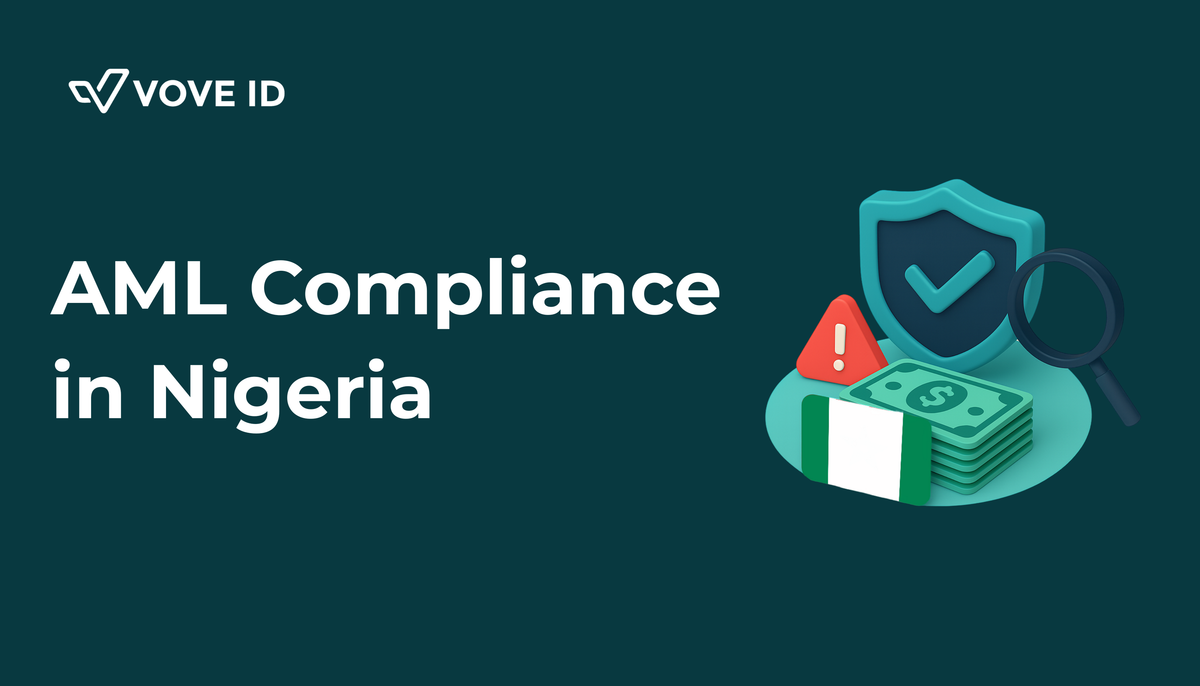
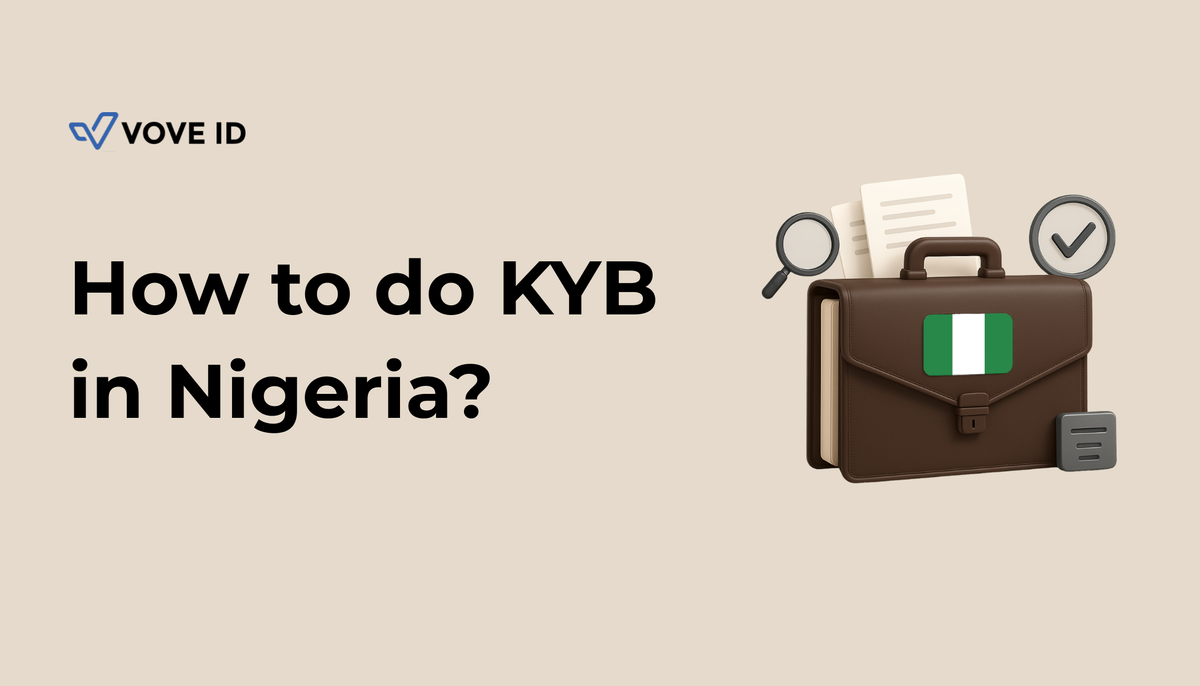
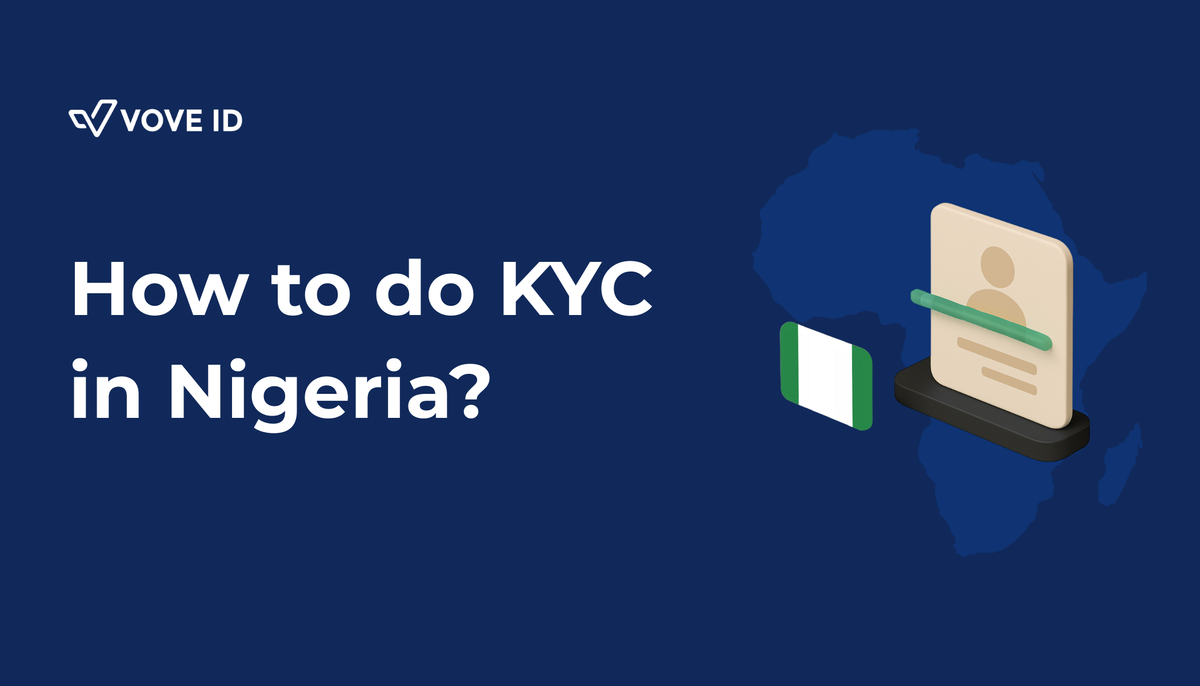
3. Kenya: ESAAMLG’s Risk-Based Approach and Mobile Money Focus
Kenya’s regulatory framework reflects ESAAMLG’s risk-based interpretation of FATF principles.
The Central Bank of Kenya (CBK) and Financial Reporting Centre (FRC) require institutions to apply CDD proportional to risk, particularly in mobile money and digital finance.
Distinct features of Kenya’s FATF application:
- Strong focus on digital onboarding and API-driven eKYC.
- Requirement to report suspicious transactions to the FRC.
- Integration of biometric ID systems (Huduma Namba, eCitizen) into AML workflows.
Kenya’s model shows FATF flexibility — prioritizing financial inclusion while maintaining oversight over high-risk sectors like mobile wallets and remittance platforms.
Read more:

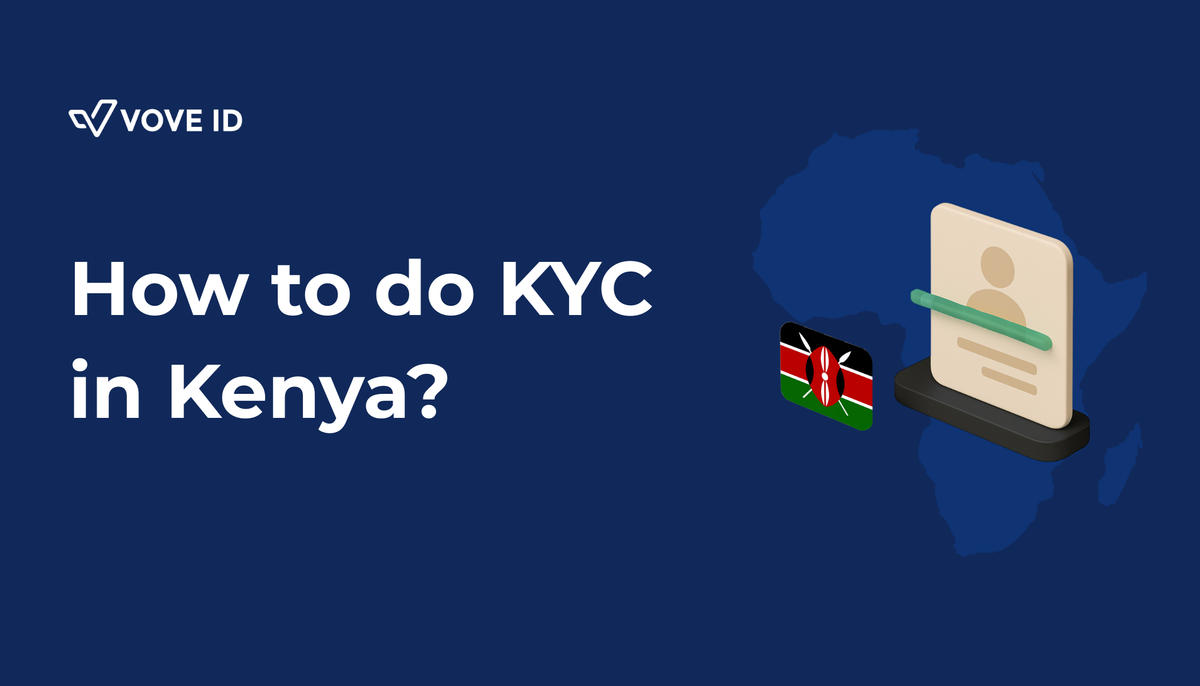
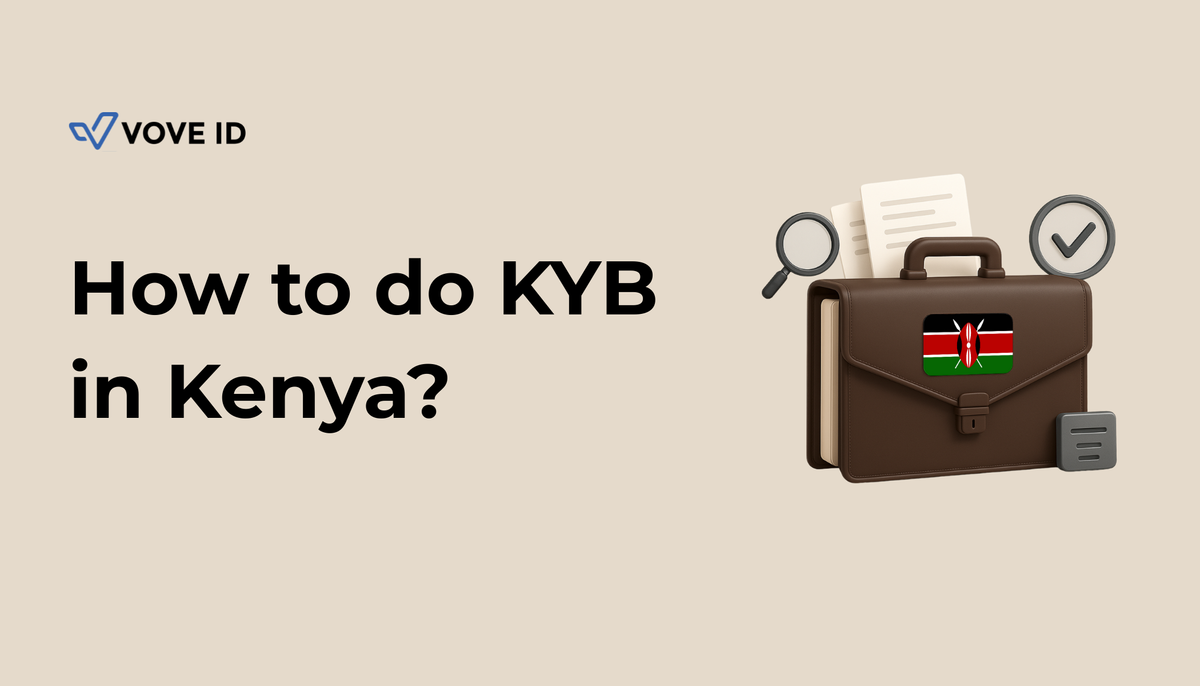
Ghana: GIABA’s Emphasis on Rapid Reporting and Data Integration
Ghana’s Financial Intelligence Centre (FIC) enforces FATF recommendations through the Anti-Money Laundering Act, 2020 (Act 1044).
The FIC’s interpretation emphasizes speed and traceability in suspicious transaction reporting.
Key FATF-related requirements include:
- Suspicious Activity Reports (SARs) must be filed as soon as practicable, typically within 3 working days.
- Mandatory KYC and KYB verification for all financial and DNFBP entities.
- Cross-border data sharing through the GIABA network.
Ghana’s alignment with FATF has been noted positively in GIABA’s 2nd Follow-Up Report (2023) and MER Addendum (2024), especially its adoption of beneficial ownership (UBO) registries, a growing focus in West Africa.
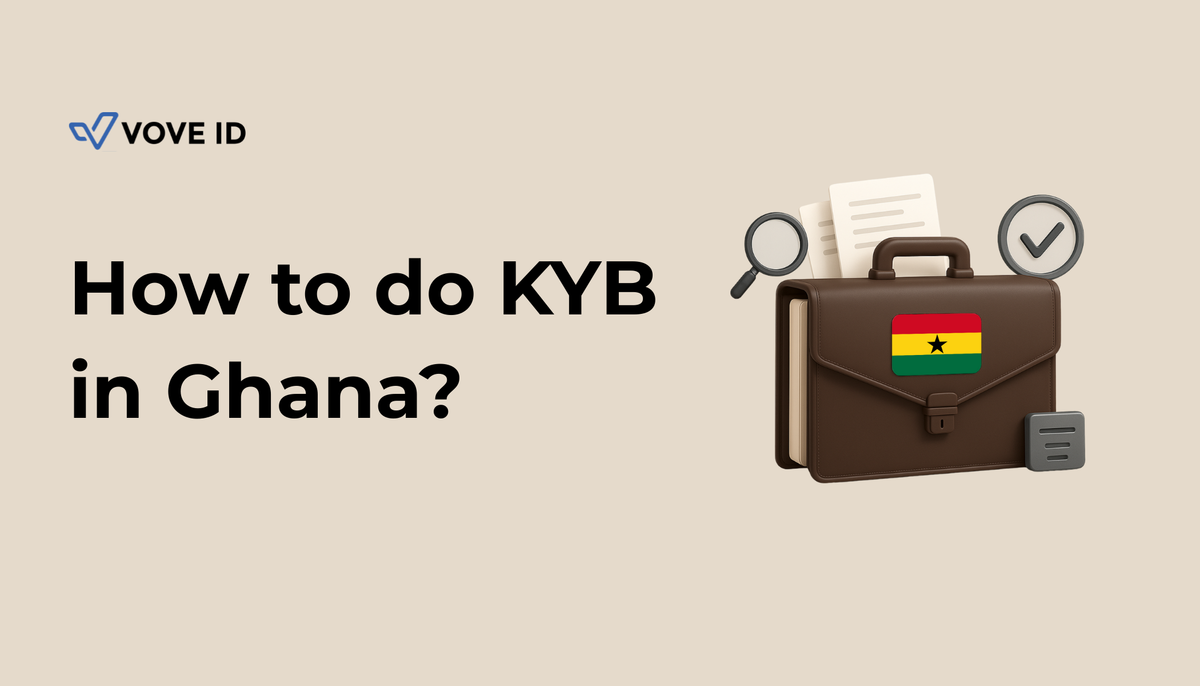

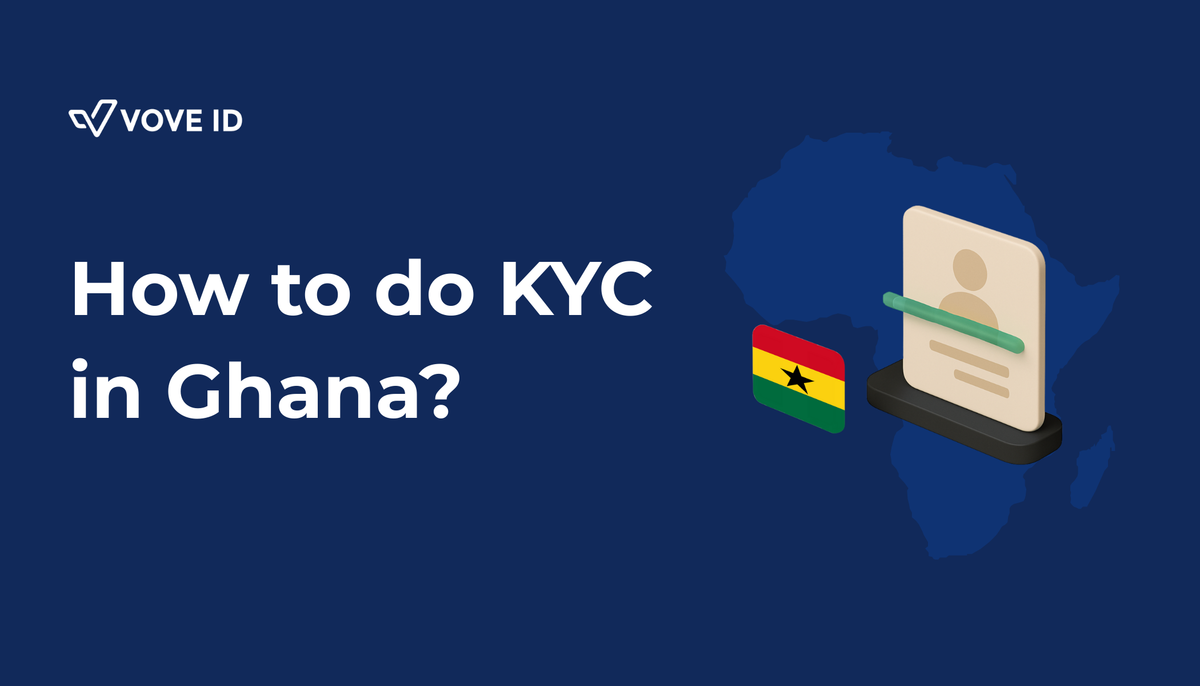
Tanzania: Real-Time Enforcement under ESAAMLG Supervision
Tanzania interprets FATF standards through the Anti-Money Laundering Act Cap. 423 and oversight by the Financial Intelligence Unit (FIU).
The focus is practical enforcement FATF’s “effective implementation” metric rather than policy compliance alone.
Highlights:
- Mandatory registration of Designated Non-Financial Businesses and Professions (DNFBPs).
- Real-time monitoring of high-risk transactions.
- Cooperation between FIU and Bank of Tanzania (BoT) to automate CDD through national ID verification.
ESAAMLG noted progress in cross-agency AML coordination, though effectiveness gaps remain in ML/TF investigations.
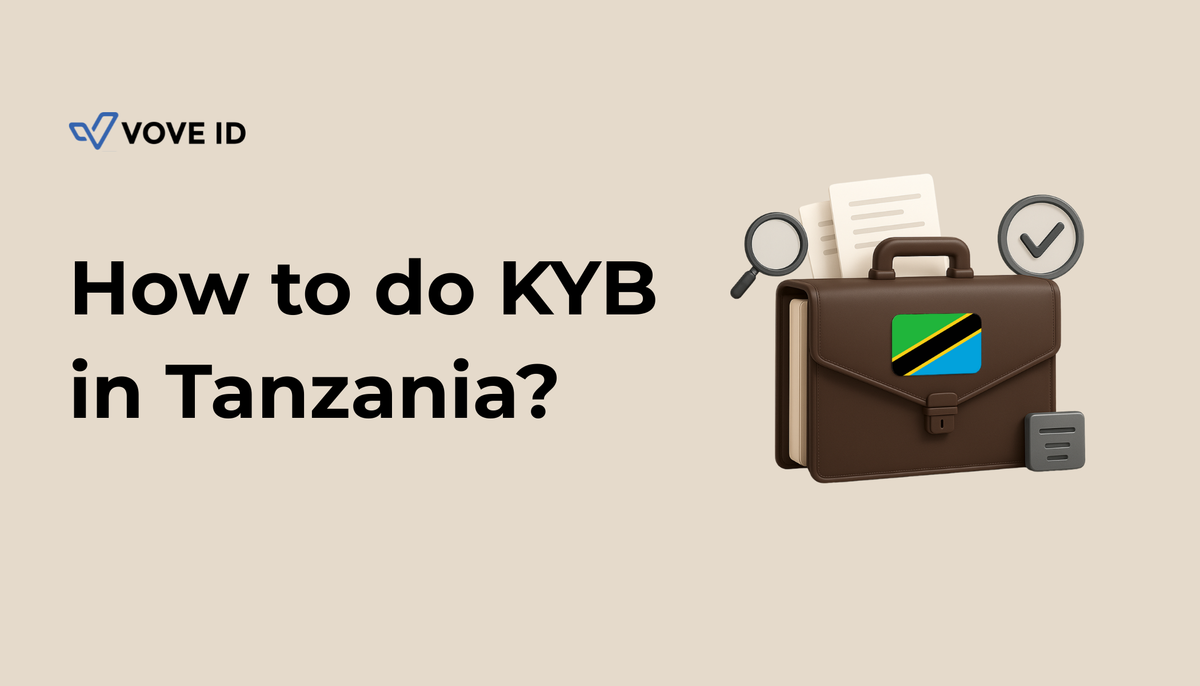
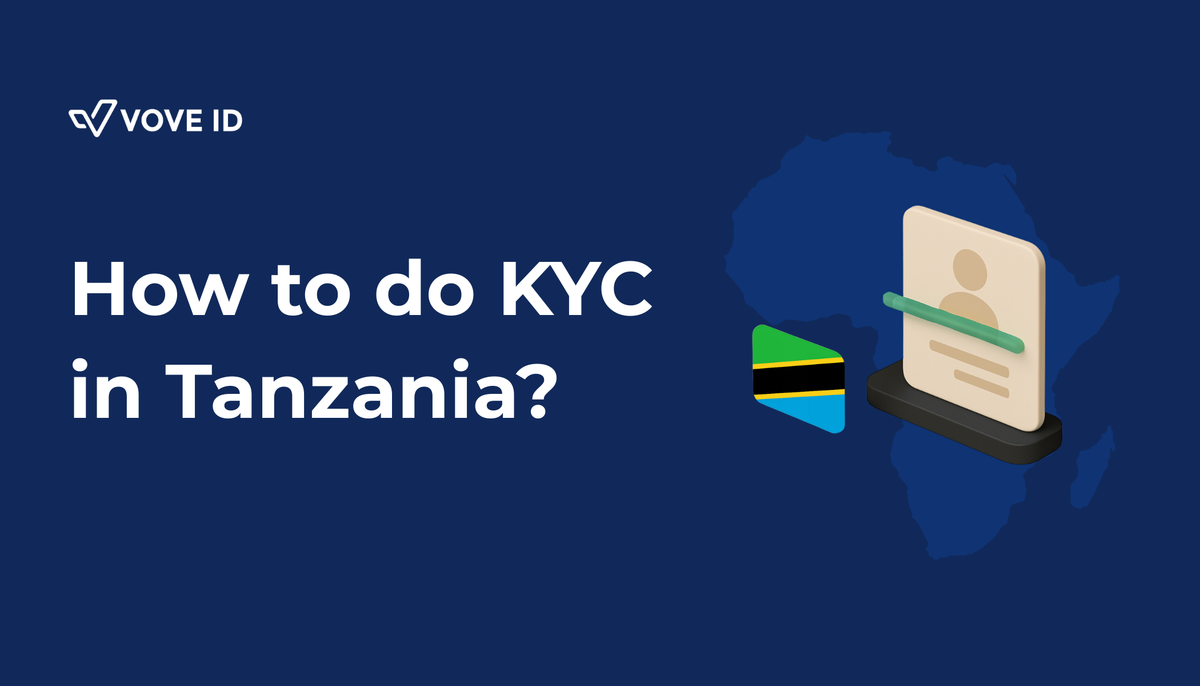

UAE and Saudi Arabia: MENAFATF’s Technology-Driven Compliance
In the Gulf, FATF interpretation takes a more data-intensive and automated form.
- UAE: Mainland regulated by CBUAE and Ministry of Economy; DIFC (DFSA) and ADGM (FSRA) have separate AML regimes. Strict adherence to FATF’s 40 Recommendations, with a focus on UBO disclosure, sanctions screening, and AI-driven AML.
Mandatory eKYC, UBO verification, and automated watchlist screening. - Saudi Arabia (SAMA): 2024 AML/CFT framework mandates biometric identity verification and ongoing monitoring for fintechs and banks.
MENAFATF’s region-wide FATF compliance is notable for integrating RegTech and SupTech tools early, setting a regional benchmark for Africa.

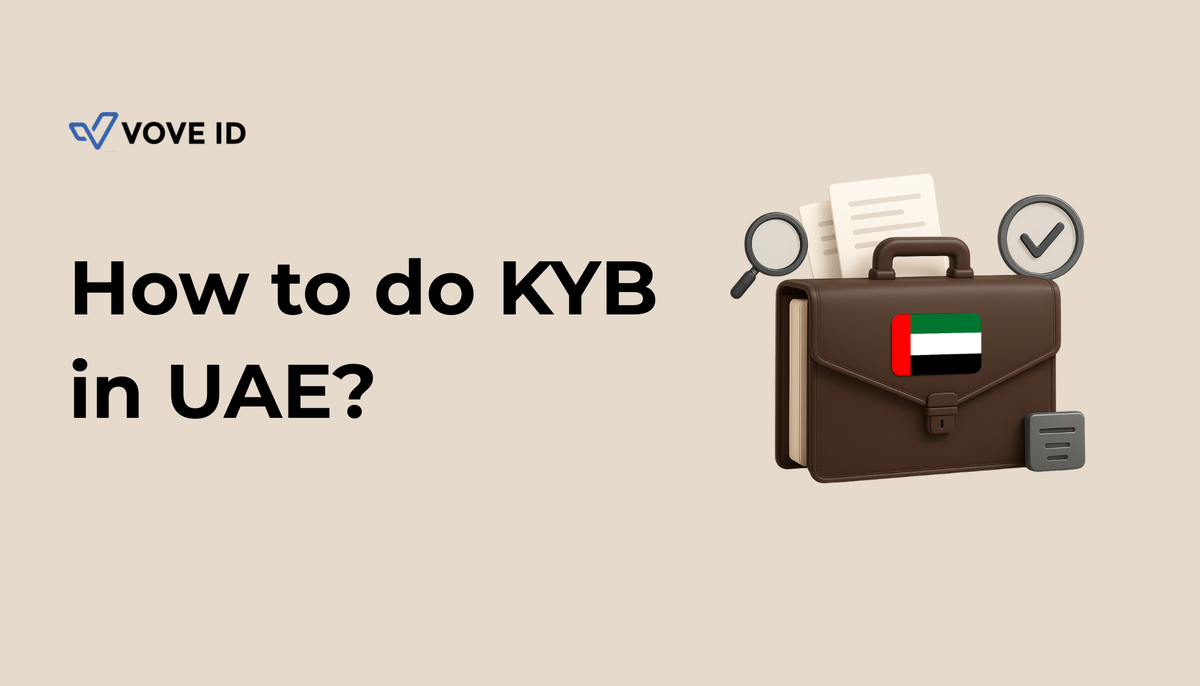
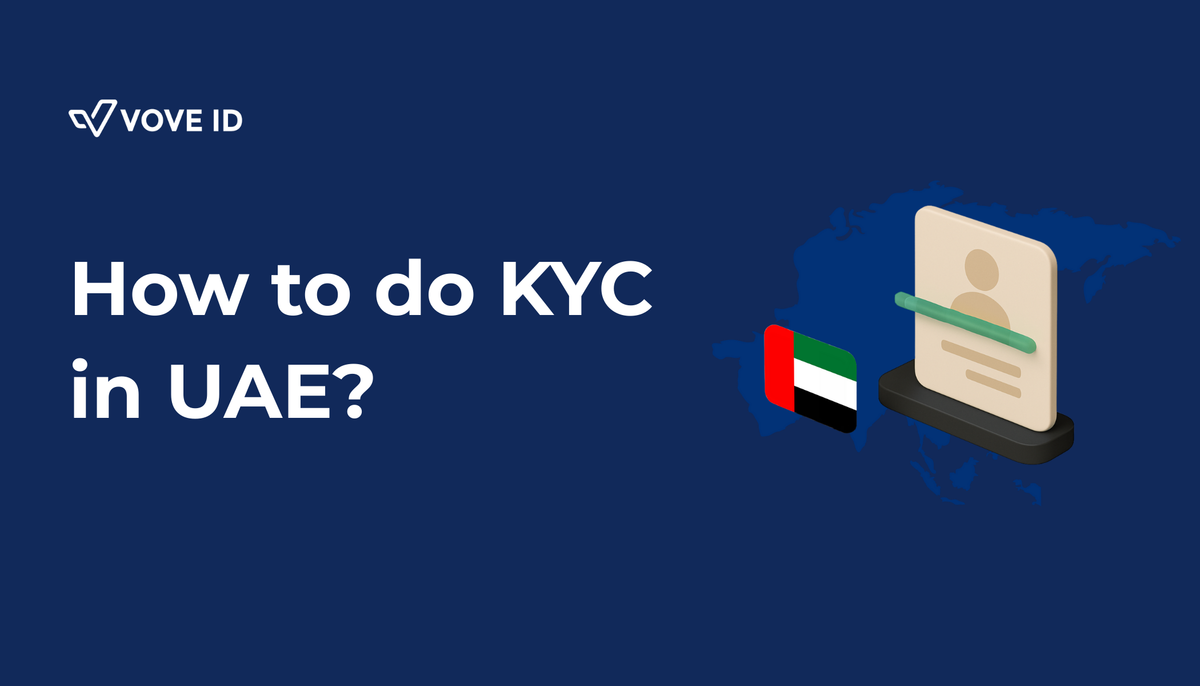
Comparing FATF Interpretations Across Regions
| Country | FATF Region | Main Regulator(s) | Focus Area | Distinctive Implementation |
|---|---|---|---|---|
| Nigeria | GIABA | CBN, SCUML | VASP regulation | EDD + crypto (SEC); CBN lifted banking ban (2023) |
| Kenya | ESAAMLG | CBK, FRC | Mobile money | Risk-based eKYC + biometric onboarding |
| Ghana | GIABA | FIC | Transaction monitoring | SAR within 3 working days |
| Tanzania | ESAAMLG | FIU, BoT | DNFBPs | Real-time reporting + national ID integration |
| UAE | MENAFATF | CBUAE (mainland), DFSA (DIFC), FSRA (ADGM) | Beneficial ownership | Mandatory UBO registry + sanctions screening |
| Saudi Arabia | MENAFATF | SAMA | Digital onboarding | Biometric verification + AI-based AML |
Challenges for Fintechs and Startups
For fintechs, payment platforms, and digital wallets operating across borders, the main challenge isn’t knowing FATF: it’s managing regulatory variation.
Key obstacles include:
- Different definitions of “high-risk customers”
- Inconsistent data access (national IDs, business registries).
- Fragmented KYB standards for corporate clients.
- Costly manual verification and delays in reporting.
These differences create operational friction, especially for startups expanding across multiple FATF regions (ESAAMLG, GIABA, MENAFATF).
How VOVE ID Helps Businesses Stay FATF-Aligned
VOVE ID enables fintechs, banks, and digital platforms to stay compliant across African and MENA jurisdictions by integrating FATF-aligned identity verification workflows.
Key features include:
- KYC: Real-time biometric and document verification for individuals.
- KYB: Automated company registry checks and UBO validation.
- AML Screening: Continuous watchlist and sanctions monitoring (FATF, UN, EU, OFAC).
With API-based integration, VOVE ID helps startups reduce manual compliance work, cut onboarding time by up to 70%, and maintain consistency across borders ensuring alignment with local FATF interpretations without complexity.
Conclusion
FATF standards serve as a global blueprint, but each African and MENA regulator brings its own interpretation and enforcement model.
From Nigeria’s VASP oversight to Kenya’s mobile money focus and the UAE’s high-tech AML systems, these variations reflect local realities, not contradictions.
For fintechs and financial innovators, success depends on understanding these nuances and adopting scalable digital compliance tools.
VOVE ID empowers businesses to to stay FATF-aligned, cross-border ready, and trusted by regulators and customers alike.
















